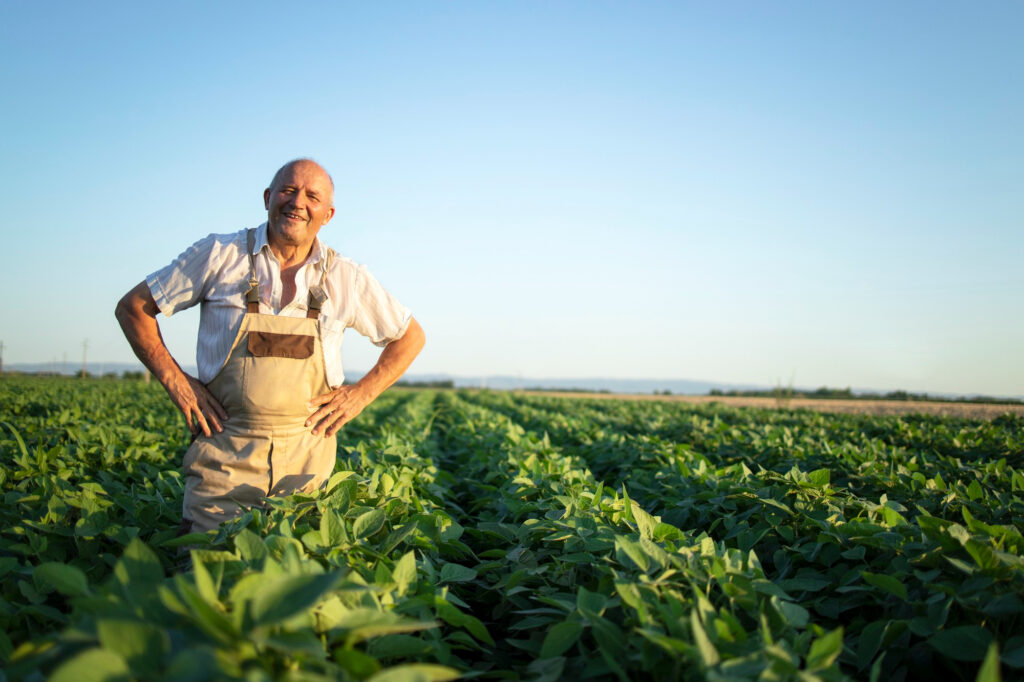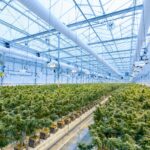Welcome to your essential guide to sustainable farming! Whether a newcomer or an experienced farmer, this resource is designed to help you adopt eco-friendly practices effectively. Explore practical tips, cutting-edge techniques, and real-world examples to improve productivity while safeguarding the environment. From soil management to water conservation, our guide provides actionable insights to make sustainable farming straightforward and achievable. Join us in discovering how to cultivate smarter, enhance resilience, and support a healthier planet. Let’s take the next step towards more sustainable agriculture together!
What is Sustainable Farming?
Sustainable farming is an agricultural approach that balances environmental health, economic profitability, and social responsibility. It focuses on practices that preserve soil quality, conserve water, and support biodiversity, while minimizing the use of synthetic chemicals and non-renewable resources. Techniques such as crop rotation, organic fertilization, and integrated pest management are commonly used to ensure long-term productivity and ecosystem health. By adopting sustainable farming, you can contribute to a more resilient agricultural system that benefits both the environment and local communities. Embrace sustainable farming to foster a greener and more sustainable future for agriculture.
Why Opt for Sustainable Farming?
- Environmental Advantages: Sustainable farming helps protect natural resources by preventing soil degradation, conserving water, and reducing pollution. Practices like organic farming and agroforestry boost soil fertility and biodiversity.
- Economic Benefits: While initial costs may be higher, sustainable farming often leads to greater long-term financial stability. Improved soil health and reduced dependency on costly chemicals can lead to increased yields and reduced operational costs.
- Social Impact: Sustainable farming supports fair labor practices and strengthens local economies. Reducing the need for long-distance transportation, it also helps in lowering carbon footprints and fostering community engagement.

Essential Techniques in Sustainable Farming
1. Crop Rotation and Diversity:
Crop rotation involves alternating the types of crops planted in a specific field each season. This practice helps prevent nutrient depletion, interrupts pest and disease cycles, and improves soil health. Diversifying crops can also mitigate financial risks and enhance farm resilience.
Advantages:
- Prevents soil nutrient depletion
- Reduces pest and disease issues
- Improves soil structure and fertility
2. Organic Farming:
Organic farming avoids synthetic pesticides and fertilizers, relying instead on natural inputs like compost and manure. This method focuses on enhancing soil health and supporting biodiversity, which contributes to a more balanced ecosystem.
Advantages:
- Minimizes chemical runoff and pollution
- Enhances soil fertility and structure
- Supports diverse ecosystems
3. Agroforestry:
Agroforestry integrates trees and shrubs into farming systems, offering multiple benefits such as improved biodiversity, better soil fertility, and enhanced water management. Trees can act as windbreaks, reduce erosion, and provide wildlife habitats.
Advantages:
- Boosts biodiversity and habitat quality
- Reduces soil erosion and improves water management
- Enhances farm resilience to climate variations
4. Conservation Tillage:
Conservation tillage minimizes soil disturbance by reducing the frequency and intensity of tillage. This technique helps maintain soil structure, reduces erosion, and improves water retention. Methods like no-till or reduced-till farming can also lower fuel and labor costs.
Advantages:
- Mitigates soil erosion and compaction
- Enhances soil moisture retention
- Reduces fuel and labor expenses
5. Water Management:
Efficient water management is crucial for sustainable farming. Techniques such as drip irrigation, rainwater harvesting, and soil moisture monitoring help conserve water and ensure optimal crop hydration. These practices reduce water wastage and support better crop health.
Advantages:
- Conserves water and reduces wastage
- Improves crop health and yields
- Minimizes environmental impact
Conclusion

Sustainable farming represents a pivotal shift towards more responsible and resilient agricultural practices. By adopting methods such as crop rotation, organic farming, and efficient water management, farmers can contribute to a healthier environment while ensuring economic stability and social equity. This guide provides a roadmap for integrating sustainable practices, offering practical insights and actionable steps for success.
Embracing sustainable farming not only benefits the environment but also supports the long-term productivity and health of your farm. As you embark on this journey, remember that each step towards sustainability contributes to a better future. Together, we can build a more resilient and eco-friendly agricultural system for generations to come.
Read more about farming here
Related post:










